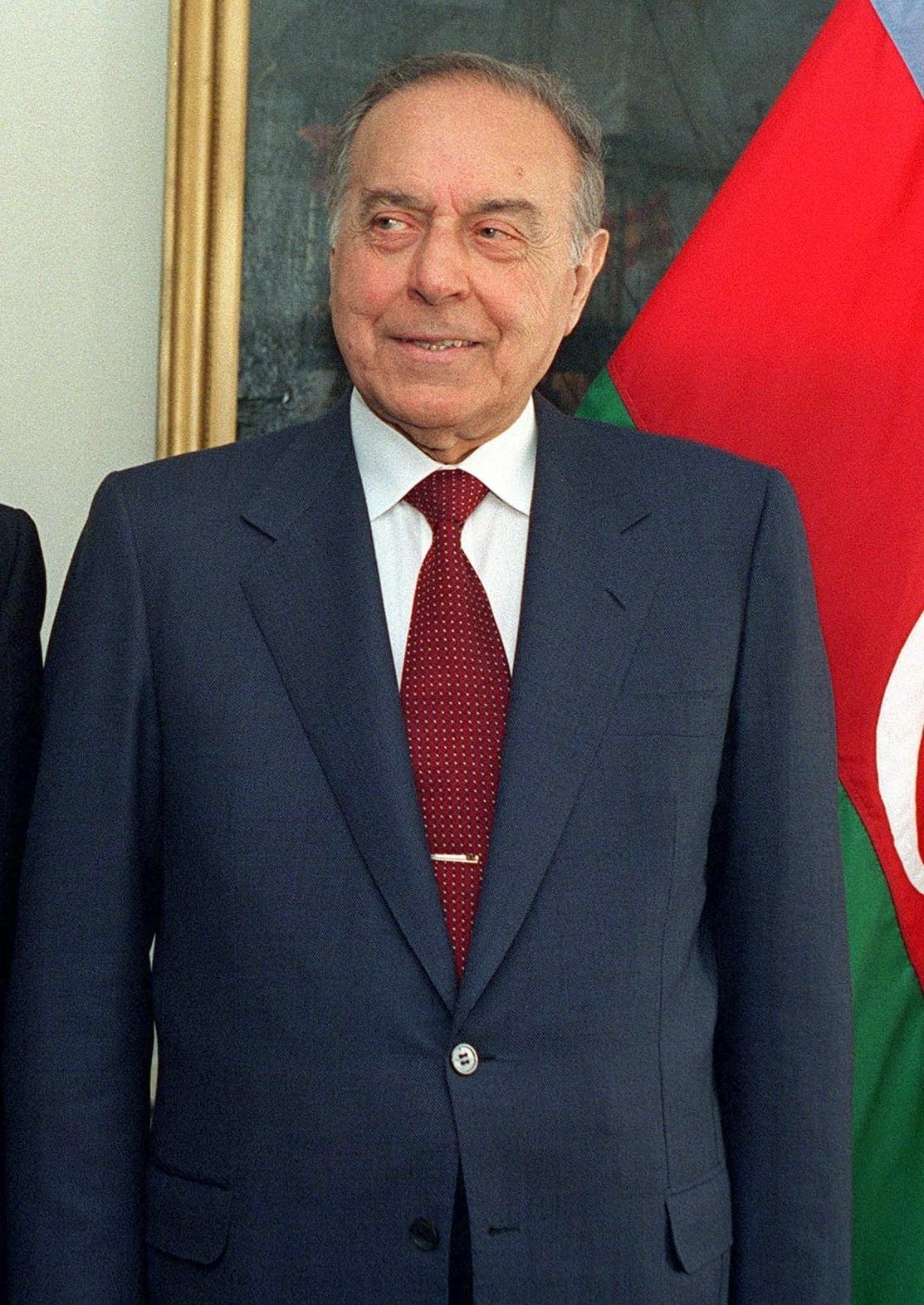The Intriguing Journey of Heydar Aliyev: From KGB Boss to President of Azerbaijan
A Storied Life of Power and Influence
The life of Heydar Aliyev reads like a saga of unyielding ambition and political maneuvering. Born on May 10, 1923, in Nakhchivan, Azerbaijan, Aliyev’s journey to the zenith of power began with a modest upbringing, only to rise to become one of the most formidable figures in Azerbaijan’s modern history. From his early days in the KGB to his presidency, each chapter of his life was marked by decisive actions and strategic alliances.
Rise Through the Ranks of the KGB
My curiosity about Aliyev’s early career led me to delve into his initial steps in the Soviet state security organs. Starting in 1944, his career in the KGB of the Azerbaijan SSR spanned over two decades, during which he climbed the ranks to become the head of the republic’s security by 1967. This phase of his life was characterized by a stern commitment to Soviet ideologies and a knack for intelligence and security, which laid the groundwork for his future political endeavors.
Steering Soviet Azerbaijan
Aliyev’s political ascendance reached a pivotal moment in 1969 when he was elected First Secretary of the Communist Party of Azerbaijan, a position he held until 1982. This period was marked by his efforts to consolidate power, curb dissent, and enhance the socio-economic development of Azerbaijan. He cultivated a network that not only bolstered his political standing but also enriched those loyal to him, leading some to describe his governance style as that of a ‘monarch’.
A Controversial Presidency
The real test of Aliyev’s political acumen came when he assumed the presidency of Azerbaijan in October 1993, following a military coup that ousted the then-President Abulfaz Elchibey. During his presidency, Aliyev was credited with stabilizing a tumultuous economy and playing a critical role in the development of Azerbaijan’s oil resources, which brought significant foreign investments to the country.
However, his presidency was not without controversy. Described by many as authoritarian, Aliyev’s administration was marred by allegations of electoral fraud and suppression of political dissent. The 1993 presidential election, which he won with nearly 99% of the vote, was widely criticized and marked the beginning of a period where political freedoms were significantly curtailed.
The Legacy of a Strategist
Aliyev’s foreign policy was as dynamic as his domestic governance. His tenure was notable for strengthening Azerbaijan’s ties with key international players, including the United States, Russia, and European nations, while navigating the complex geopolitics of the region. This strategy not only helped Azerbaijan enhance its international standing but also played a pivotal role in its post-Soviet economic recovery.
Reflections on a Polarizing Figure
As I reflect on Aliyev’s life, it’s apparent that his legacy is a tapestry of both commendation and criticism. On one hand, he is celebrated for bringing stability and economic growth to Azerbaijan. On the other, his authoritarian style and political repression left indelible marks on the nation’s democratic landscape.
Key Takeaways
- KGB to Presidency: Aliyev’s rise from a KGB official to the president is a testament to his strategic and often ruthless political maneuvers.
- Economic Reforms: His tenure significantly boosted Azerbaijan’s economy, particularly through oil diplomacy.
- Authoritarian Governance: Aliyev’s presidency was characterized by political suppression and electoral manipulation, raising concerns about democratic governance.
- Foreign Policy: He skillfully positioned Azerbaijan on the global stage, fostering relations with major powers and securing strategic economic partnerships.
Frequently Asked Questions
- What was Heydar Aliyev’s role in the KGB?
- Heydar Aliyev served as the head of the Azerbaijan SSR’s KGB from 1967 until 1969, focusing on intelligence and state security.
- How did Aliyev become president of Azerbaijan?
- Aliyev was installed as president following the 1993 military coup that ousted the incumbent President Abulfaz Elchibey.
- What were the major criticisms of Aliyev’s presidency?
- Aliyev’s presidency was often criticized for its authoritarian nature, suppression of dissent, and electoral fraud.
- How did Aliyev impact Azerbaijan’s foreign relations?
- He improved Azerbaijan’s international relations, particularly with the United States, Russia, and European nations, which was crucial for attracting foreign investment and enhancing economic growth.
- What is Heydar Aliyev’s legacy?
- Aliyev’s legacy is mixed, praised for economic reforms and stability but criticized for authoritarian practices and undermining democratic processes.
